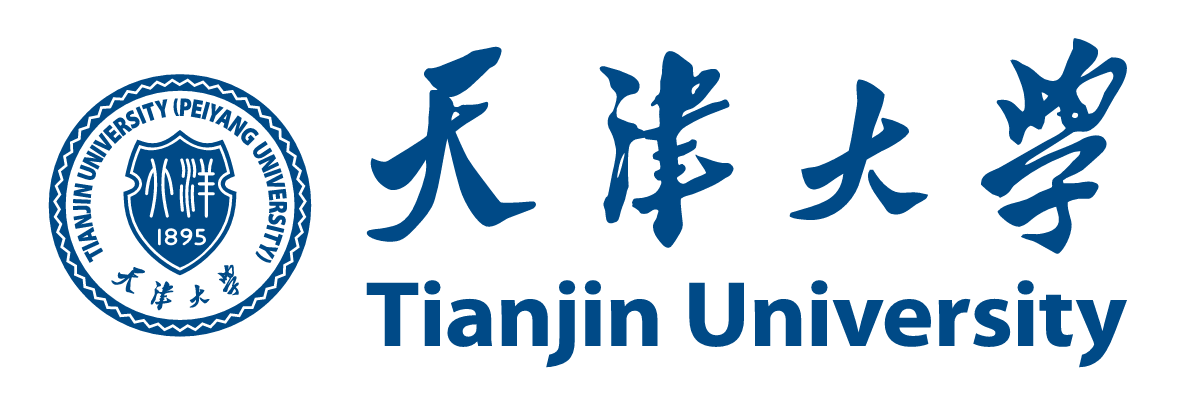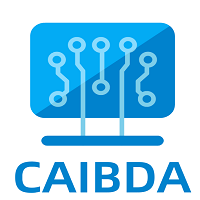

Welcome to CAIBDA 2026
2026 6th International Conference on Artificial Intelligence, Big Data and Algorithms
Countdown to the meeting:
☀ About CAIBDA
At the forefront of the global STI mega-trend, China has been creating an increasingly open STI environment, increasing the depth and breadth of academic collaboration, and building a community of innovation that benefits all. These efforts make a new contribution to globalization and the creation of a common community for the future.
The CAIBDA 2026 conference aims to gather professors, researchers, scholars and industrial pioneers all over the world. CAIBDA 2026 is the premier forum for the presentation and exchange of past experiences and new advances and research results in the field of theoretical and industrial experience. The conference welcomes contributions which promote the exchange of ideas and rational discourse between educators and researchers all over the world. The organizing committee of conference is pleased to invite prospective authors to submit their original manuscripts to CAIBDA 2026.
 | June 12-14, 2026 Conference Dates |
 | May 12, 2026 Final Paper Submission Date |
 | April 27, 2026 Notification of Acceptance Date |
 | March 27, 2026 Full Paper Submission Date |




☀ Topics
The topics of interest for submission include, but are not limited to:

Fundamentals of artificial Intelligence and intelligent systems
Artificial intelligence algorithms, computational intelligence, pattern recognition, ...

Natural language processing and Generative artificial intelligence
Natural language processing, human-computer interaction, ChatGPT technology and applications, ...

Computer Vision and Visual Intelligence
Computer vision and image understanding, digital image processing, multimedia applications, ...

Big data management, security and application
Big data management, big data analysis, blockchain and data trusted computing, ...

Machine learning, data mining and decision intelligence
Automatic control, pattern recognition, digital management, ...

Algorithm optimization and theoretical basis
Algorithm optimization, graph exploration algorithm, edge computing, ...

Artificial intelligence applications and emerging technologies
Intelligent healthcare, intelligent education, edge intelligence, ...
☀ Publication

All accepted full papers will be published in theIEEE (ISBN:979-8-3315-5131-5) and will be submitted to IEEE Xplore, EI Compendex, Scopus for indexing.
CAIBDA 2025 |lEEE Xplore |EI Compendex|Scopus
CAIBDA 2024丨ACM丨EI CompendexI丨Scopus
CAIBDA 2023丨IOS丨EI Compendex丨Scopus
CAIBDA 2022丨IEEE Xplore丨EI Compendex丨Scopus
CAIBDA 2021丨IEEE Xplore丨EI Compendex丨Scopus
Note: All submitted articles should report original research results, experimental or theoretical, not previously published or under consideration for publication elsewhere. Articles submitted to the conference should meet these criteria. We firmly believe that ethical conduct is the most essential virtue of any academics. Hence, any act of plagiarism or other misconduct is totally unacceptable and cannot be tolerated.
☀ Sponsor

☀ Supporter


